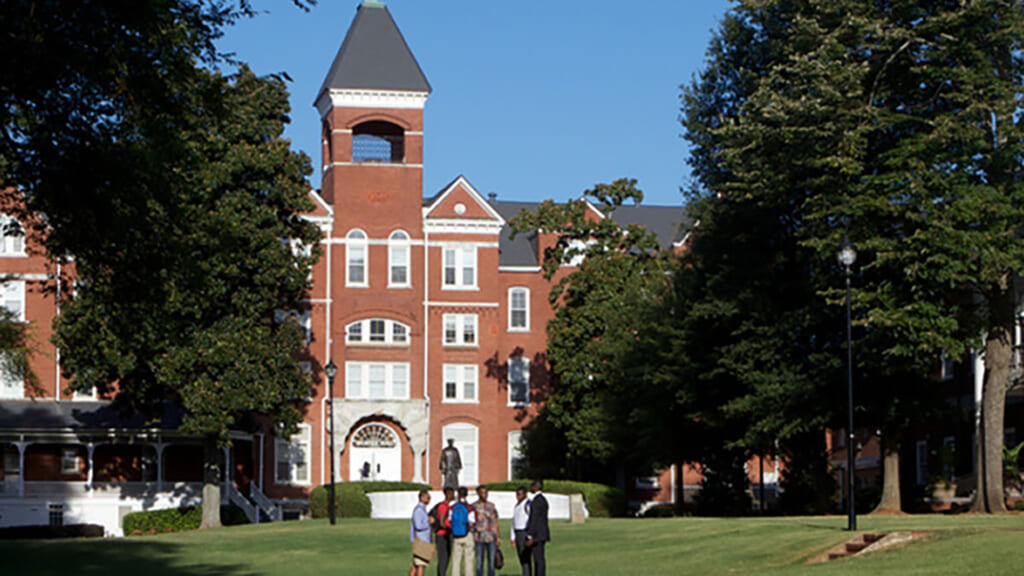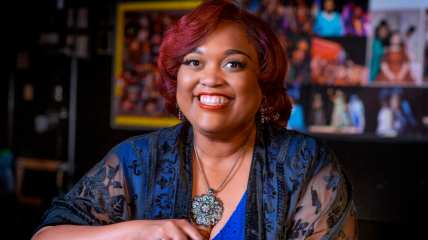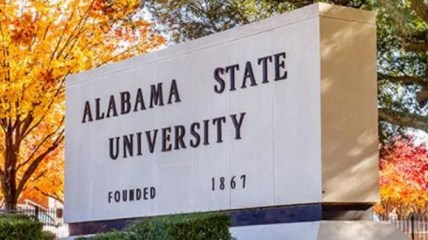BLM, Obama presidency lead to more Black high school graduates making HBCUs their first choice
Earlier this year, the Biden administration announced $2.7 billion in funding for Historically Black Colleges and Universities
Black Lives Matter and the historic presidency of Barack Obama have reportedly prompted more Black high school graduates to turn to HBCUs for higher education.
As reported by the New York Times, applications for Historically Black Colleges and Universities (HBCU) have experienced a boom since 2018. The Common Black College app allows students to submit one application to multiple colleges, and HBCUs are expected to reach 40,000 this year. The boost comes as federal lawmakers continue to provide billions in funding for more than 100 schools.

Earlier this year, the Biden administration announced a record $2.7 billion in funding for HBCUs and federal funding to Historically Black Colleges and Universities has been increasing since 2017, NYT reports.
“We say this is a renaissance for H.B.C.U.s, but the level of clout and capital the institutions have now is unprecedented,” said Lodriguez Murray, a senior vice president for the United Negro College Fund. Murray added, “Frankly, it is about time.”
The applications being submitted to HBCUs are reportedly outpacing those to predominantly white schools. Lisa Fuller, owner of the college advising firm College Primed, said HBCUs gained a surge of interest around 2015 amid Black Lives Matter protests.
“Families started to look and be introspective about ‘Where are we sending our kids?’ and started to search for safe havens,” said Fuller. “Students asked, ‘Do I go somewhere where it’s sink or swim, or do I go somewhere where everybody’s swimming with me?’”
TheGrio reported that 76 percent of HBCU students are Black, 13 percent are white, 3 percent are Hispanic and 1percent are Asian, according to the Department of Education. HBCUs provided higher education opportunities for African Americans in the wake of segregation after the Civil War and during Jim Crow. They remain pillars in Black culture, education and history.
Most HBCUs are on the East Coast and in the South and serve mostly students from low-income households.
“The entire African American story is about seeking to maintain community,” Honorée Fanonne Jeffers, an award-winning author and an alumna of Talladega College, a small HBCU in Alabama said to the NYT. “So it should not come as a surprise that the descendants of these people from so many centuries ago are still seeking community.”
“A fear of mine was going to an H.B.C.U. and not having a lot of resources,” said Gabrielle Armstrong, who will begin her studies this fall at Elizabeth City State University, a small North Carolina HBCU, per the report. “But I realized that if I want other Blacks to have a first-class education at an HBCU, part of that is me going to one, graduating and giving back.”
Armstrong added, “I figured I have the rest of my life to be treated like a minority, to fight to be seen as human. I might as well spend four years being seen as family.”
“TheGrio is FREE on your TV via Apple TV, Amazon Fire, Roku, and Android TV. Please download theGrio mobile apps today!


